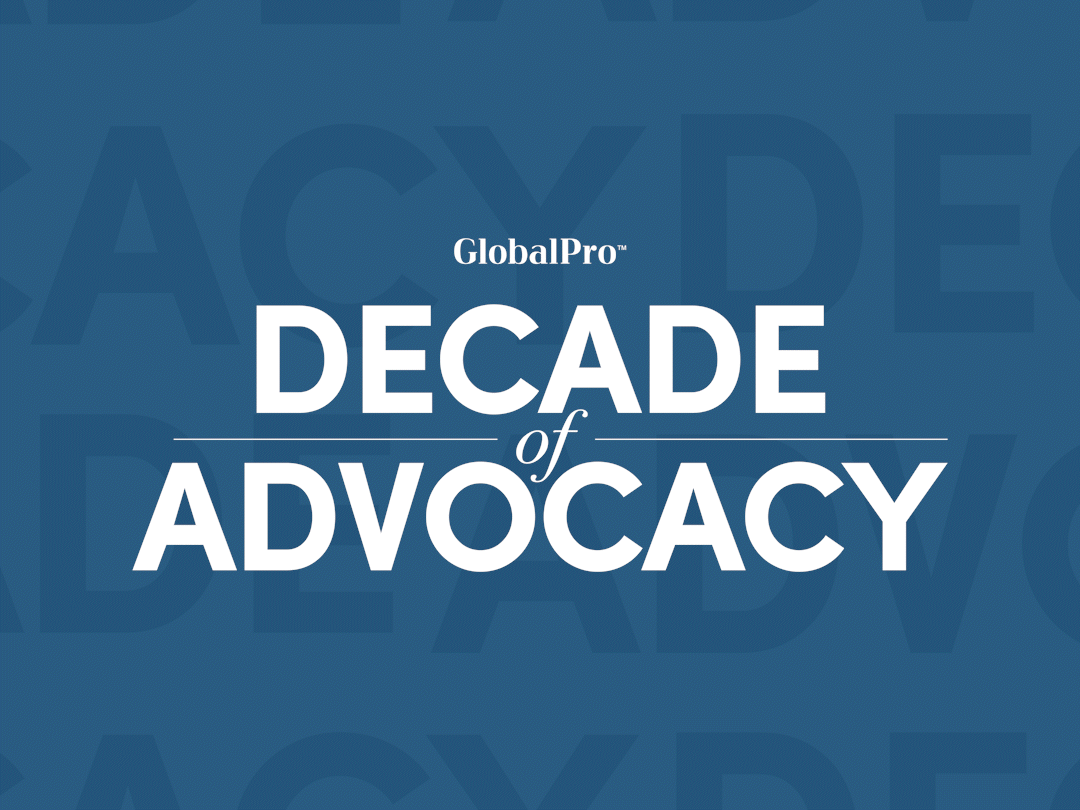Ask the Experts: Guidance to Business Owners in Uncertain Times, Navigating the Claims Process with Marc LoPresti and Daniel Odess
This global crisis has left many businesses searching for a lifeline, and in these times of tribulation there are those ready to assist.
Businesses and community associations face uncertainties regarding coverage during these unprecedented times. GlobalPro President Daniel Odess and investment expert Marc X. LoPresti, Esq. a recognized authority on alternative investments and Founder of LoPresti Law Group, P.C., hosted an expert webinar covering different strategies and tactics business owners can use to understand their rights under their existing business insurance policies, and how GlobalPro can help you put together claims to recover from losses associated with COVID-19.
“We are in unprecedented times here, and it takes an unprecedented amount of effort to combat some of the information that has been streaming from the insurance industry on both sides of the table.” – Daniel Odess
GlobalPro is here to help clear up some of the issues, answer some of the questions and get down to some of the more important items that are impacting our local communities and our economy abroad. GlobalPro is in an interesting position on these matters due to the unique expertise of our multidisciplinary staff on hand. We work closely with our attorneys, work directly with forensic accountants, engineers, and contractors, to assist our clients in ascertaining the amount of their damages and quantifying what there losses may be and accurately and properly noticing the insurance companies of those losses. Handling the claims process from start to finish. Whether it’s the notice, or quantification, or the settlement of these claims.
What makes the COVID-19 crisis unique?
What is unique about the COVID-19 crisis can be found in the loud and fast messaging from the insurance industry. From the onset of the issue, there have been various notices submitted to different federal and local authorities regarding the intent and the design of their policies and what they believe what would or wouldn’t be covered. What has occurred since then is that the narrative has shifted. We are seeing many local authorities issue emergency orders that detail how viruses can cause physical damage, the science is supporting it, and with a bit of research one can find several lawsuits being filed regarding certain policy conditions. The campaigning of the industry against coverage as a response from the insurance industry is what makes this crisis so unique. Thankfully things are shifting in a different direction.
Civil Authority is forcing some businesses to shut their doors, and many are suffering losses.
This will be a highly contested debate, with questions regarding essential vs non-essential businesses and how the civil authority language in a policy will be construed or interpreted and how it relates to those two different categories of businesses. We hold the opinion that in some instances the civil authority limits that are afforded in some policies rather than the exclusions would apply for most of these essential businesses if not all of them. For non-essential businesses they may have a tougher battle to face based on the language of some of these orders, where the orders where imposed, and the proximity of the closure of those businesses to where their business actually resides. Some of the civil authority language includes distances so this could open an area of debate. An expert like those found here at GlobalPro would need to review your policy, look at legal orders, closely look at the case law and do an entire evaluation as it relates to that specific coverage.
This isn’t your traditional virus.
As the emergency orders read: due to the virus’ proclivity or propensity to attach to surfaces much like soot or mold, has determined to cause that direct physical damage to property. We have moved beyond that issue at this point, and although science supports it, it may very well still be contested. However, there are events that go on prior to, during, or after these crisis situations that are the actual cause of the damage. It’s may be possible that it isn’t only the actual virus causing the damage but the events that surround it. If we look back at a more recent situation involving cases of Zika in South Florida, there were many instances where coverage was established due to the damage being cause by the chemicals that we’re used in certain establishments. It’s important to begin thinking about coverage in these non-traditional ways.
The message that businesses and community associations should take away from this particular topic is: don’t assume that just because this is a virus, that the damage that you’ve incurred does not constitute physical damage – something that you would traditionally associate with a fire, flood, or natural disaster or an event that causes noticeable tangible damage to property, inventory, and other assets.
Why file a claim now?
No matter what, it’s important that you give notice of your loss and damage as soon as possible. Not only is it good business practice to go ahead and give that notice, but the reality of the situation is that if you are not operating, or operating at less than capacity you are obviously going to be experience a loss and have losses. There is no reason why you can’t start quantifying that immediately.
Our family-owned and operated business has recovered over $1 billion globally for our clients. We strive to take the pressure off our clients by handling the entire loss recovery process starting with pre-loss planning through to the adjustment of insurance claims and disbursement. If your businesses or community association is suffering from any form of loss or damages, contact us today.


